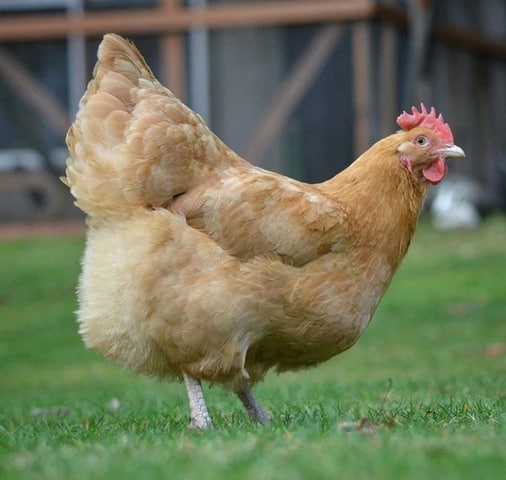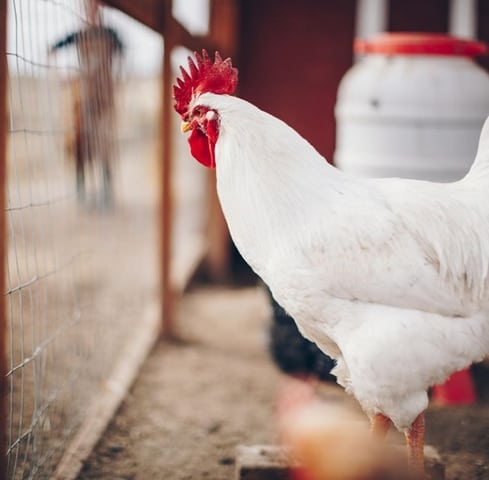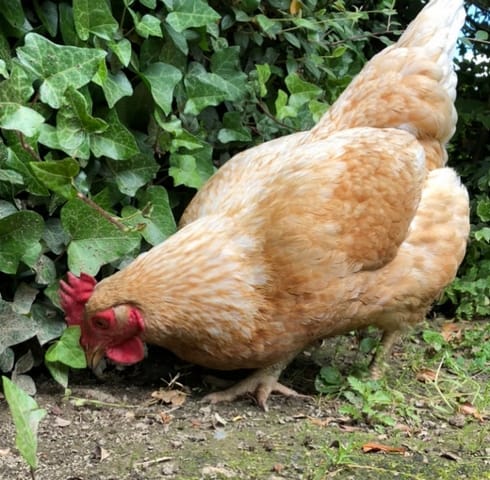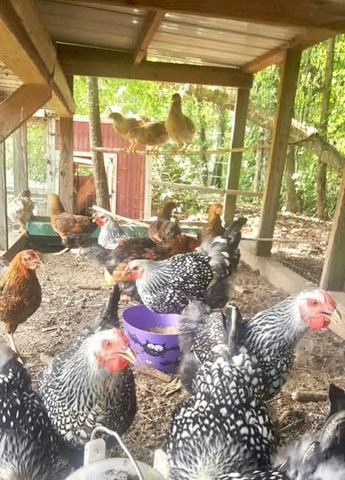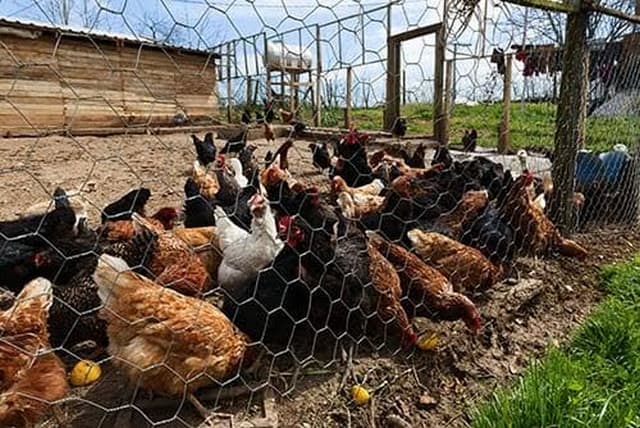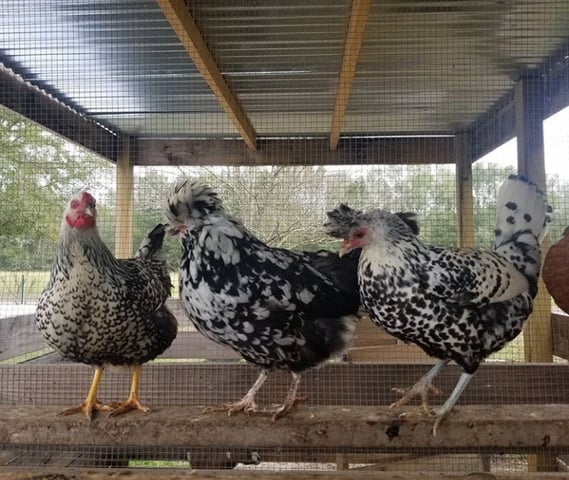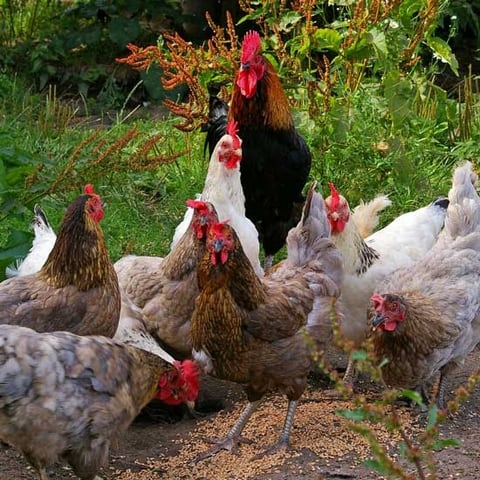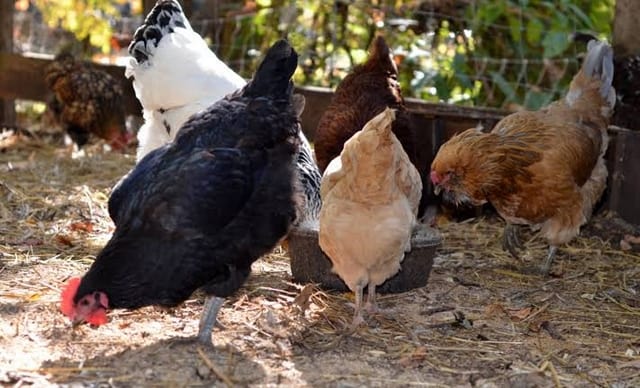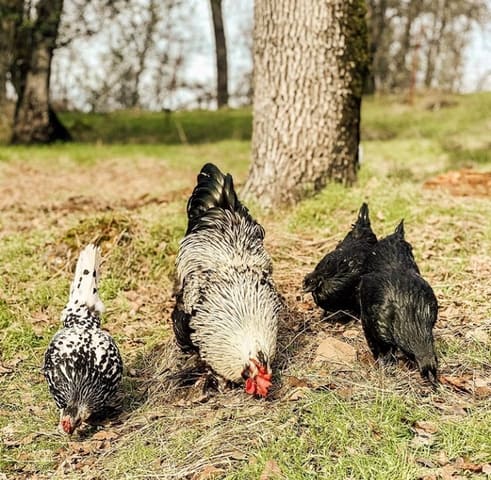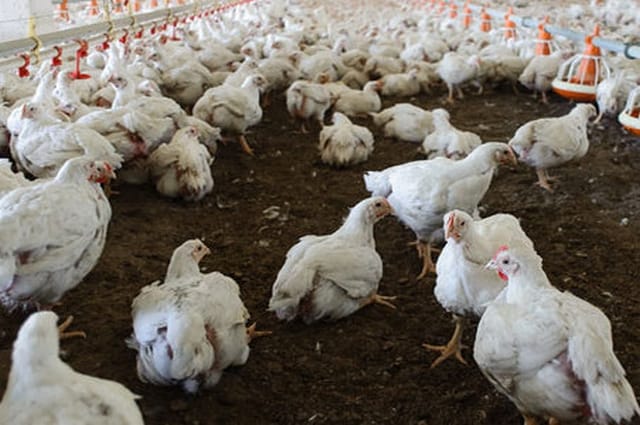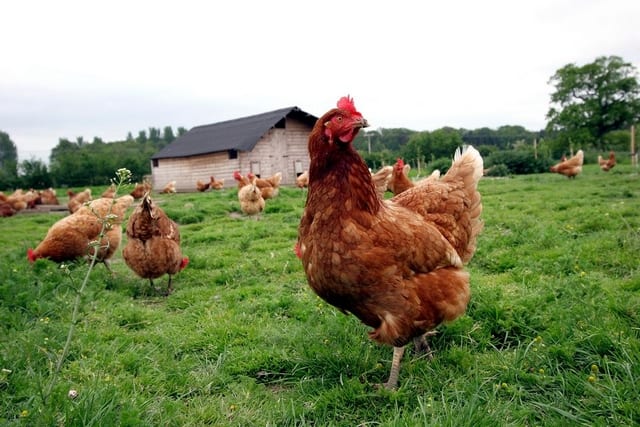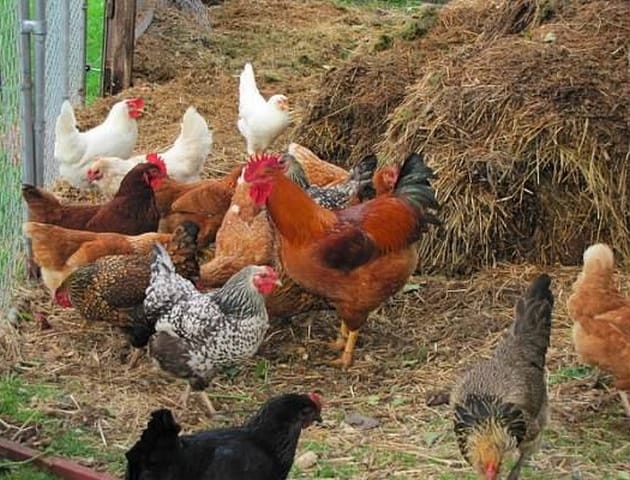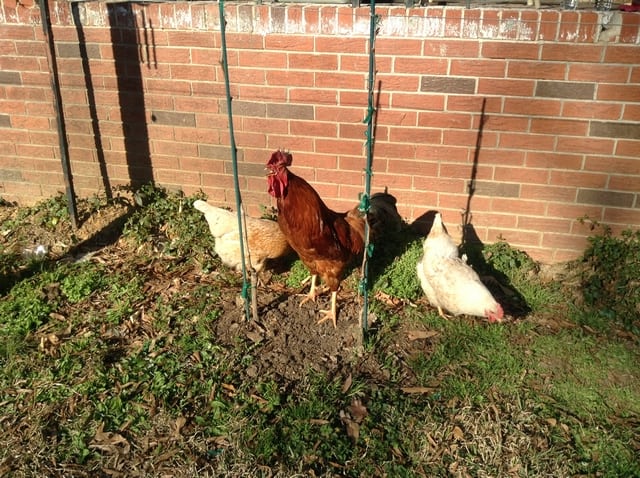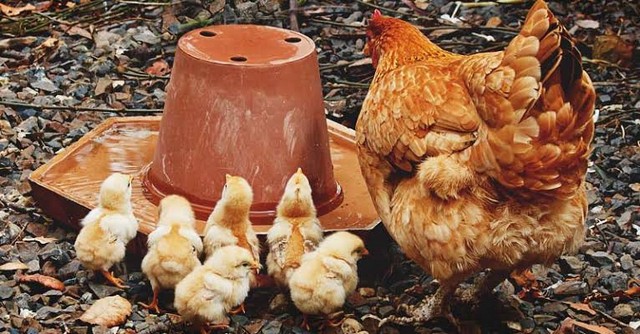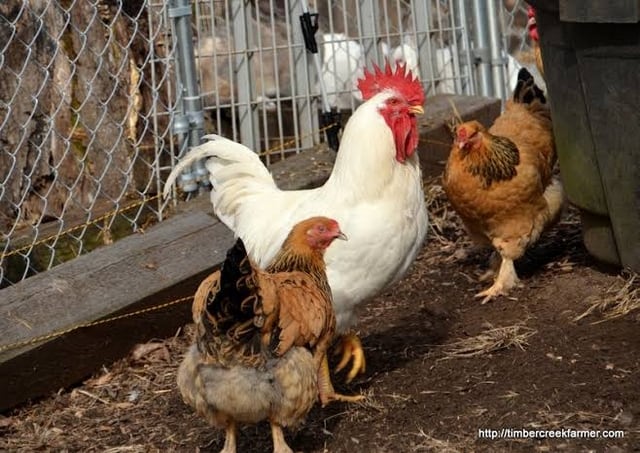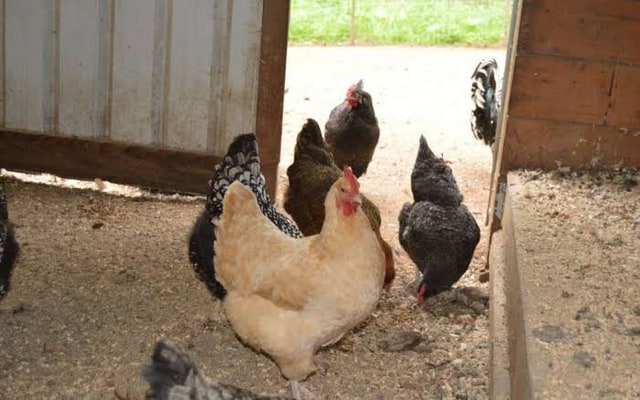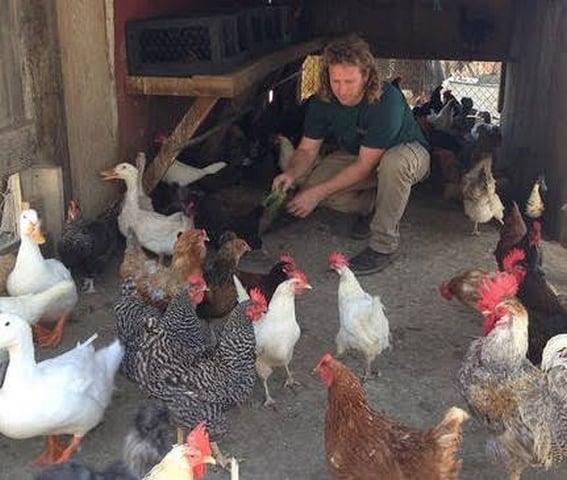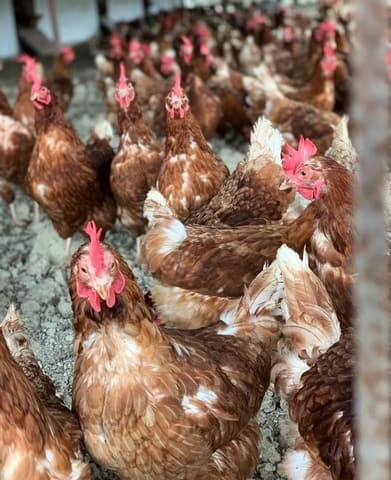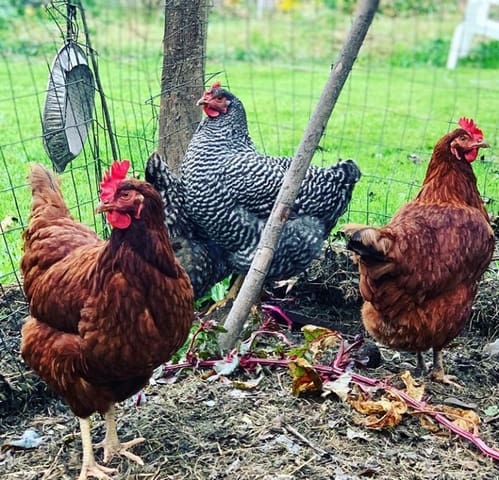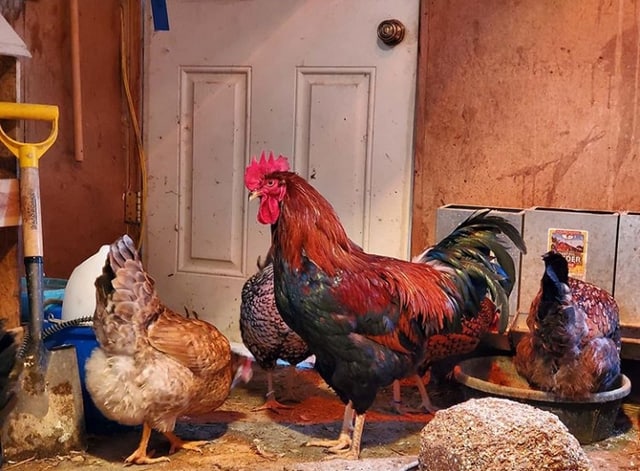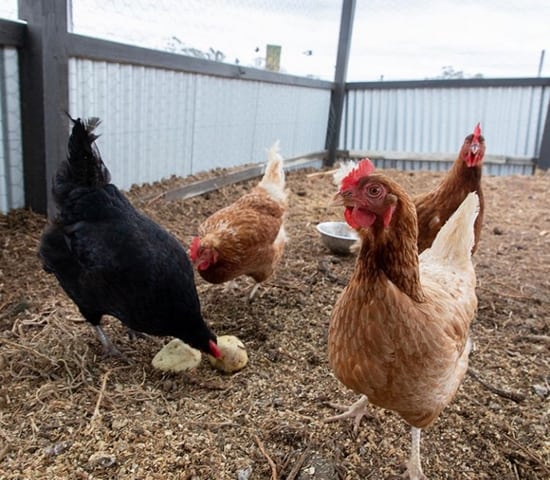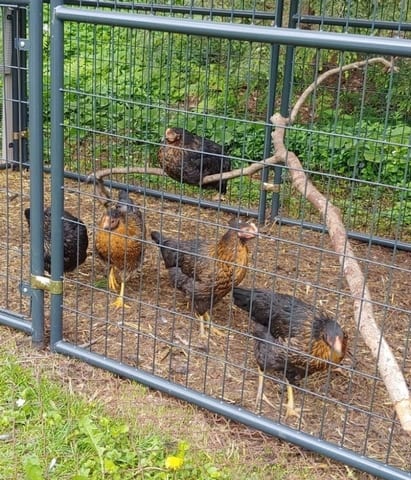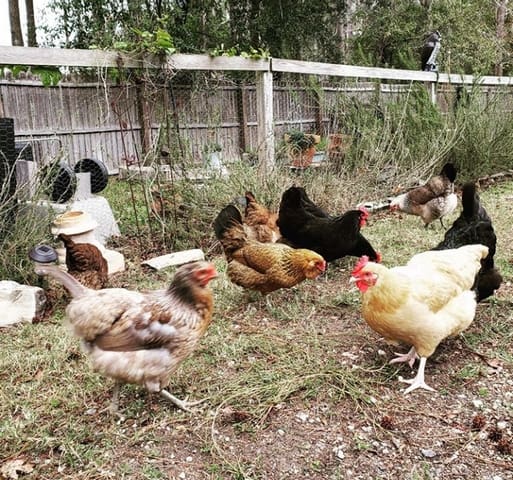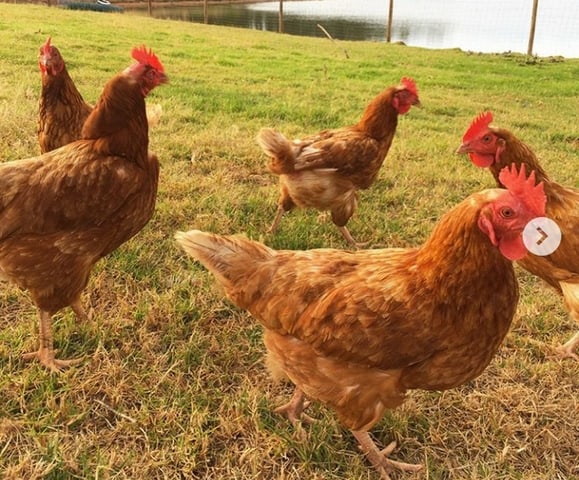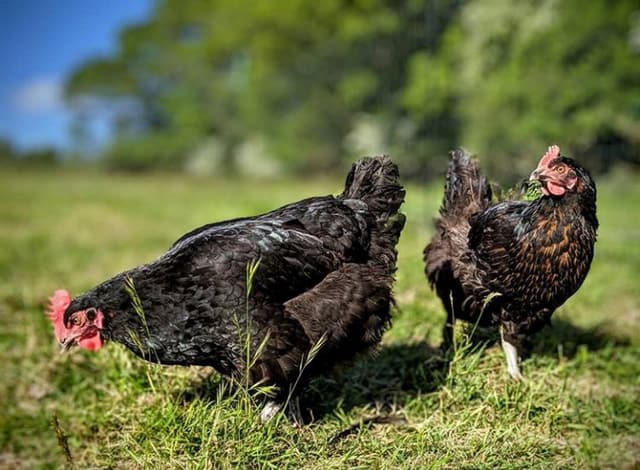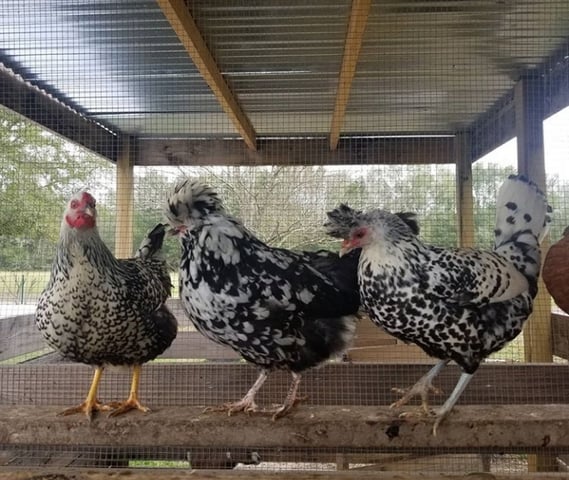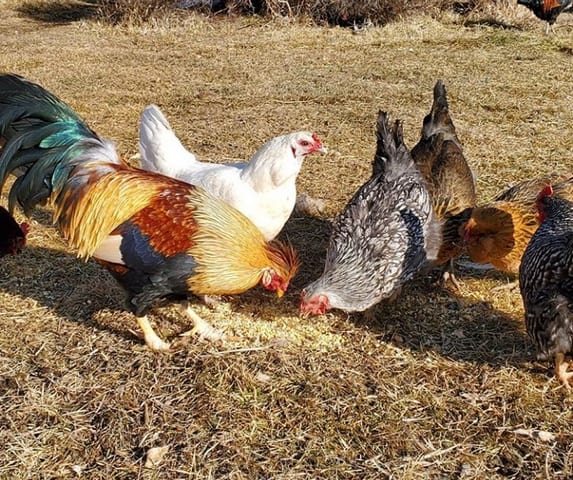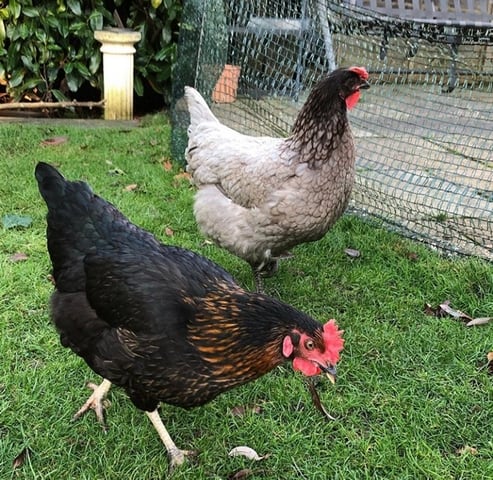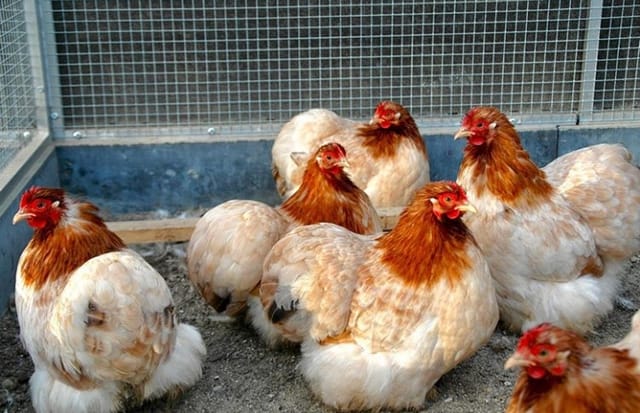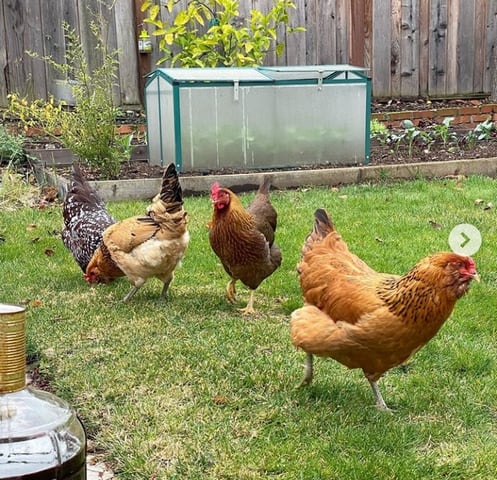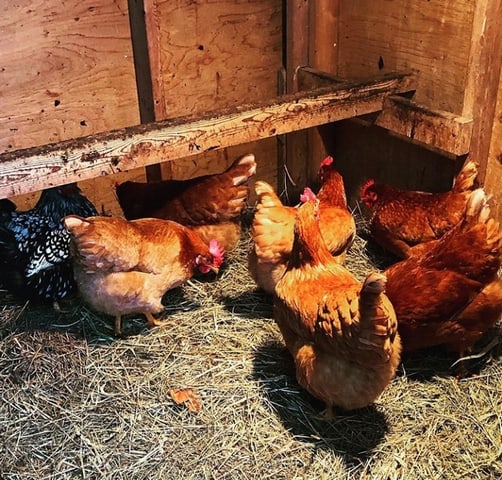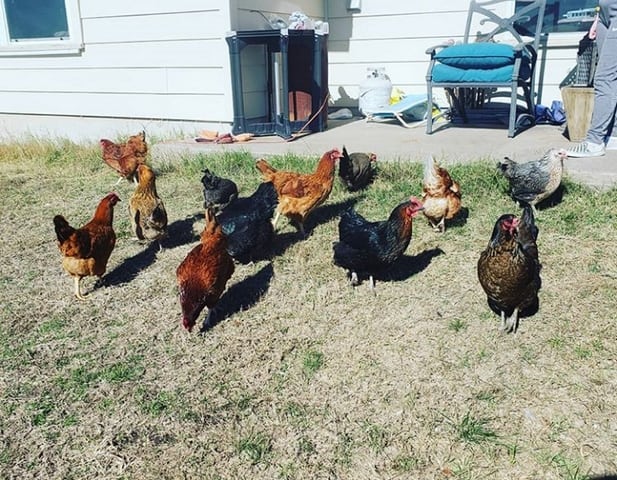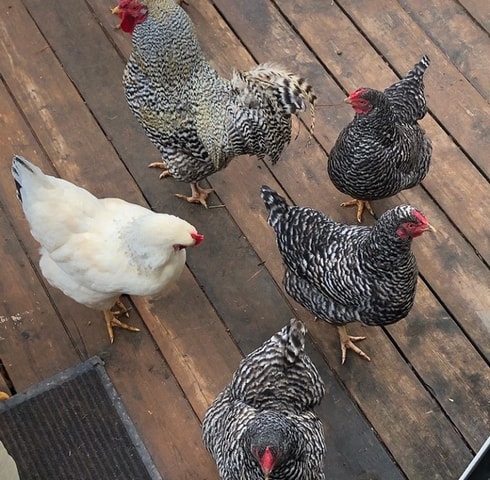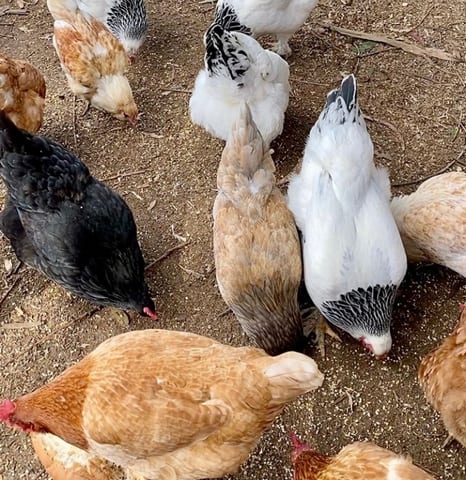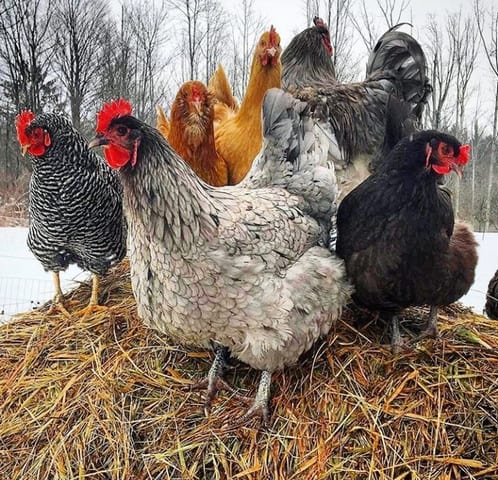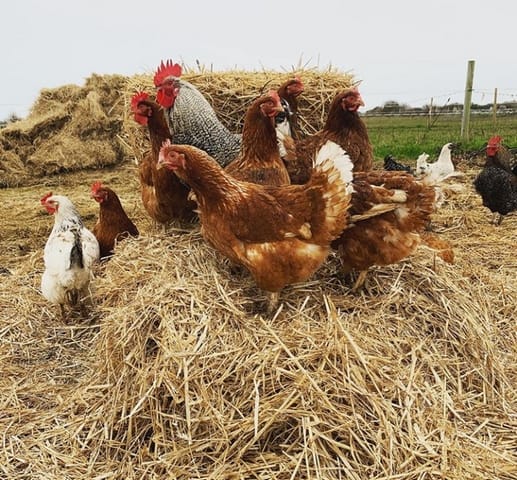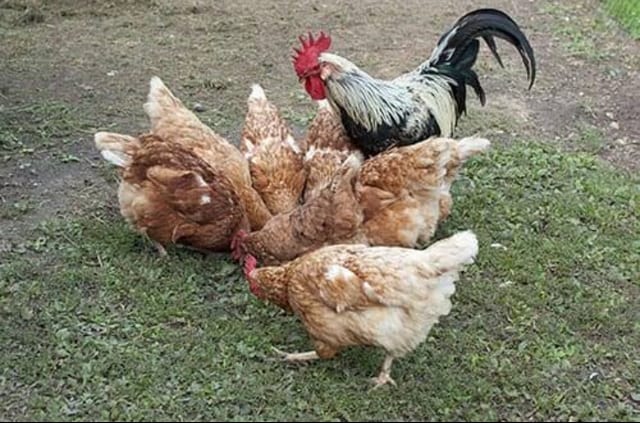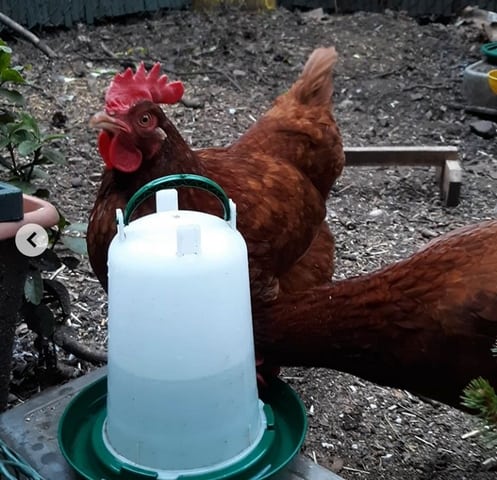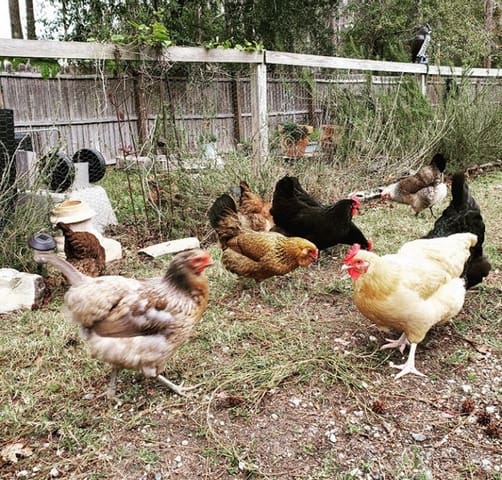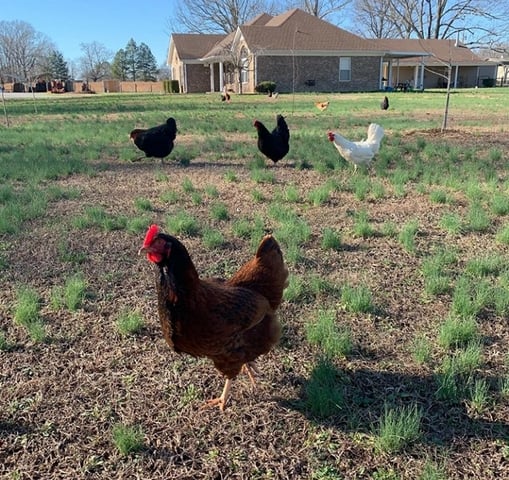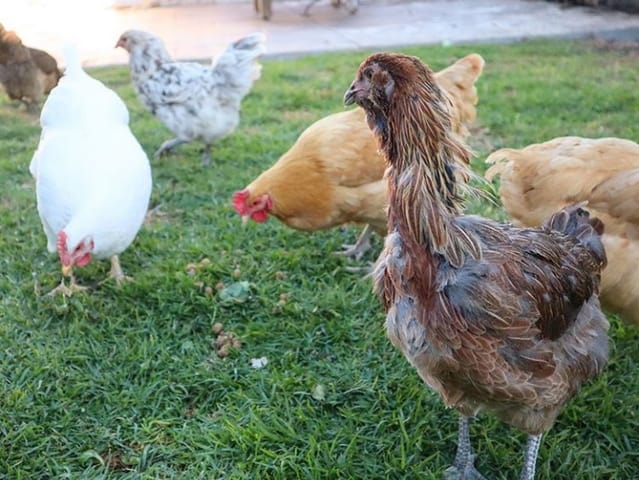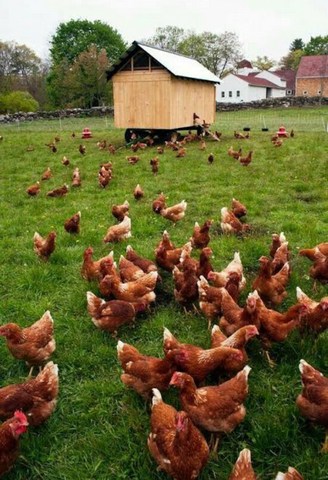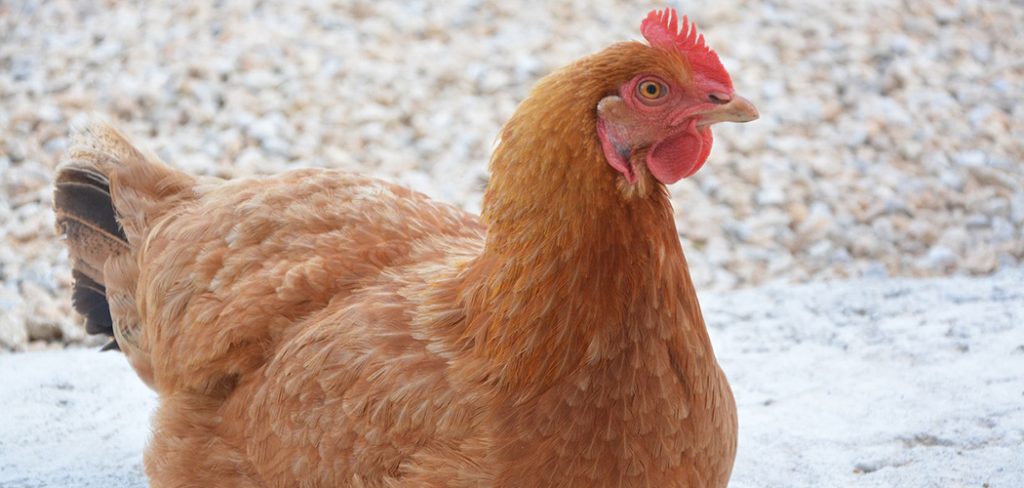If you have a fairly-sized backyard with some amount of space, you should consider raising small animals, most especially backyard chicken.
Raising chickens ensures you have a fresh supply of eggs and meat at your beck and call. What’s more, there is a feeling of pride and accomplishment attached to watching your birds grow.
However, there is a glut of information out there about what is, and what is not right when raising backyard chickens; hence, sorting through all of them is no small task.
It is to this effect that we have created a guide that contains the basic info you need to raise backyard chickens. Read on to learn the basic requirements for successfully raising backyard chickens.
1. Selecting chicken breeds
You might end up sorely disappointed if you think raising just any chicken is a sure guarantee for eggs and meat. The truth is, different chicken breeds have been adapted to serve different purposes; hence, you can’t just buy any chicken and expect it to start laying eggs at a prolific rate. It doesn’t work that way.
If you want to raise chicken for meat production, you should go for the meat producing breeds. Common meat producers include: buff-orpington, la bresse, freedom rangers among others.
Alternatively, if you’re raising chickens in order to get a steady supply of eggs, you’d be best served purchasing Australorps, Rhode Island Red chicks, Golden comet chicks etc.
There are dual-purpose chicken breeds that serve both the purpose of meat production, and egg-laying; hence, if you seek an all-rounder, go for one of them.
Common dual-purpose chicken breeds include: Brown leghorns, Orpington, Sussex chicken etc.
2. Housing
One important aspect of raising backyard chicken that shouldn’t be joked with is their housing. Although, chickens are not quite as demanding as other animals when it comes to housing, it is one area you cannot afford to neglect.
Chickens are housed in coops which, ideally, should be located in shaded areas. Ensure your coops are large enough to accommodate all your chickens. You can try to DIY a chicken coop.
Being crowded together encourages bad behaviour such as pecking among chickens.
Also, the coop should be properly ventilated. Temperature should be regulated in a way that the coop is cool during hot periods and warm during cold periods.
Make arrangements for run-outs so your backyard chickens can exercise themselves, and get first-hand access to greens and insects. Provide nesting boxes and roosts in your coops.
If you’re raising your backyard chickens from chick level, provide brooding boxes and lots of warmth.
3. Feeding
Backyard chickens are not fussy when it comes to food, and will eat almost anything you feed them. Allowing them to free-range from time to time enables them search for insects and plants to feed on.
Add supplements to their feed occasionally.
However if you are beginning your backyard chicken farm with chicks, you need to take their feeding seriously. Chicks should be fed with starter feed crumbles for the first eight weeks, then switch to 18% starter or grower feed for the next six weeks.
Thereafter, continue to feed them with finisher feed till they are old enough to search for food by themselves.
If you are raising chickens for specific purposes, research the kind of feed to give them. Thereafter, map out appropriate feeding schedules and stick by them religiously.
4. Maintaining and taking care of your chicken
Fresh, constant water supply is vital for the digestion of food eaten by chicken, as well as facilitation of egg-laying. Therefore, take out and change the water supply for your birds at least, two times daily.
Clean out the coop regularly as chickens are not comfortable with living in their own waste.
Predators are a challenge when it comes to raising backyard chickens; therefore, put measures in place to secure your birds.
Once your chickens begin to lay eggs, take out the eggs as soon as they are laid; With this, you reduce the risk of the birds soiling the eggs, or even breaking them!
If you notice cases of bullying or pecking among your chickens, trim their beaks.
5. Health issues
Chickens fall sick easily; hence, ensure you monitor them strictly. Clean their coop regularly as a dirty coop is a disease-magnet. Once in a while, deworm your birds.
If you notice a bird exhibiting symptoms of withdrawal, isolate it and check for symptoms of diseases. Treat such bird immediately with the appropriate drug(s) if you diagnose any disease, and check the other chickens to see if the disease has spread.
That’s all you need to know about raising backyard chickens for starters; Raising them is very rewarding and fulfilling if done correctly. However, if you have questions, feel free to ask via the comments.
